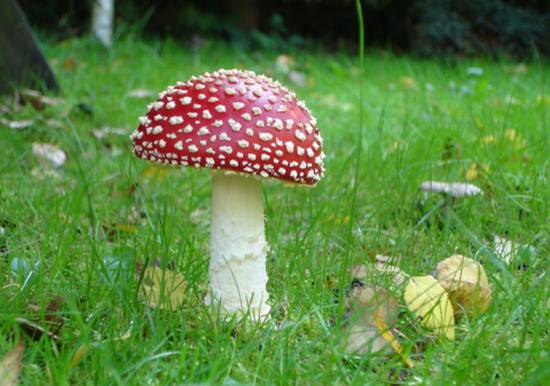
Green things are greatly in demand today. I don’t know if an awareness has actually spread or its just somehow become trendy and fashionable to say I live in a green home. However, the case is, its in turn doing good to us directly or indirectly. An eco-friendly act even in the smallest way is a contributor to a sustainable environment more so if adopted by the mass. Eben Bayer, the prince of a farm in Vermont grew up learning the art of mushroom cultivation from his father, not quite having portended that he would use it for an innovative purpose. Bayer – 21 and colleague Gavin McIntyre – 22, created and patented the “Greensulate”, an organic insulator using water, flour, oyster mushroom spores and perlite. A mixture of water, mineral particles, starch and hydrogen peroxide are poured into 7-by-7-inch molds into which mushroom cells were inoculated. Kept in dark, mushroom cells use starch for growth and produce thousands of strands, that grows to a desired 1 inch thickness in a week or two, which is then dried to prevent any allergic contamination. Hydrogen peroxide acts to maintain a sterile condition inhibiting growth of other unwanted specimens. The strands can be used for insulating various electronic products and for entire house-hold wiring. “We’ve been growing the material under our beds,” said McIntyre, adding that they’ve applied for a grant from the National Collegiate Inventors and Innovators Alliance.
“I think it has a lot of potential, and it could make a big difference in people’s lives,”
said RPI Professor Burt Swersy, whose Inventor’s Studio course inspired the product’s creation.
“It’s sustainable, and enviro-friendly, it’s not based on petrochemicals and doesn’t require much energy or cost to make it.”
The 1 inch thick mushroom strands have a resistance of 2.9 that is pretty much in the range of a conventional fiberglass insulation that may have resistance between 2.7 and 3.7. Being organic, it is eco-friendly meaning that they can simply be discarded when it needs to be and they would naturally get decomposed unlike fiberglass or plastic insulators. Image via : Alanatnews




